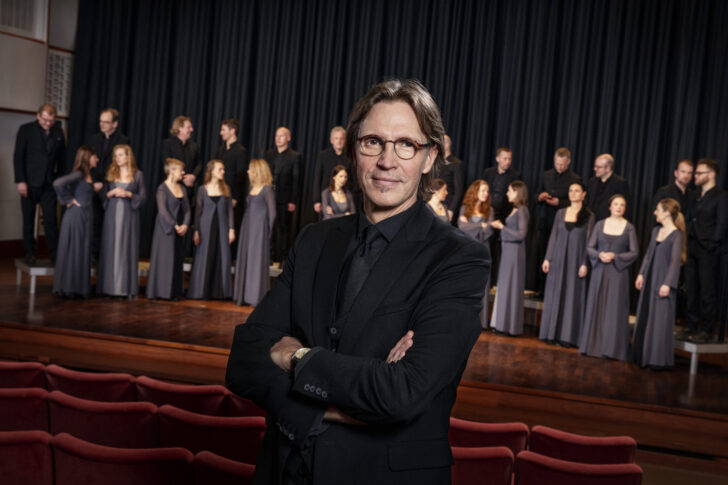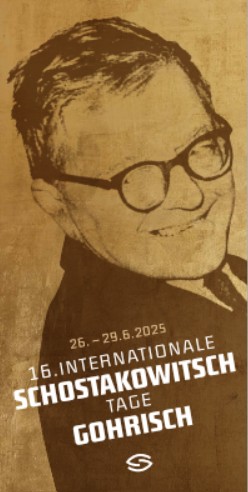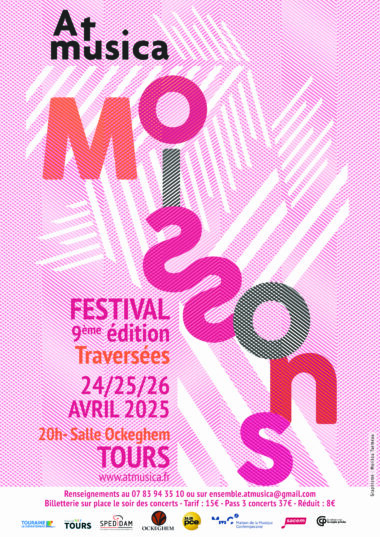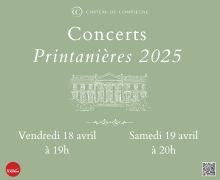Plus de détails
Stockholm. Högalidskyrkan. 16-XI-2024. Johannes Brahms (1833-1897): Warum ist das Licht gegeben dem Mühseligen? Alfred Schnittke (1934-1998): Twelve Psalms of Repentance. Swedish Radio Choir, conductor: Kaspars Putniņš.
It was perhaps not surprising that the Swedish Radio Choir’s performance transcended the technical and physical demands of the piece, which allowed Schnittke’s musical and spiritual message to reach its full expression.
 The Russian composer Alfred Schnittke would have celebrated his 90th birthday this year. Although Schnittke achieved considerable fame and recognition during his lifetime (Schittke was in fact the focus of the Royal Stockholm Philharmonic Orchestra’s composer festival in 1989), Schnittke’s music has faded into relative obscurity since his death, and his 90th birthday is certainly not attracting nearly the same level of attention as, for example Anton Bruckner, whose 200th birthday is being celebrated this year.
The Russian composer Alfred Schnittke would have celebrated his 90th birthday this year. Although Schnittke achieved considerable fame and recognition during his lifetime (Schittke was in fact the focus of the Royal Stockholm Philharmonic Orchestra’s composer festival in 1989), Schnittke’s music has faded into relative obscurity since his death, and his 90th birthday is certainly not attracting nearly the same level of attention as, for example Anton Bruckner, whose 200th birthday is being celebrated this year.
Nevertheless, Schnittke’s birthday year has not gone completely unnoticed, with several key works being performed this year. Certainly one of these works would include the Twelve Psalms of Repentance, arguably Schnittke’s greatest a cappella choral work and perhaps the most personal, spiritual, and searingly beautiful statement in the composer’s entire output.
The program began with Brahms’ Warum ist das Licht gegeben dem Mühseligen? Although this piece generally occupies a different aesthetic world compared with the Schnittke, both pieces feature some rather despairing text (in Brahms’ case, taken from the book of Job). In any case, this performance featured some beautifully delicate pianissimo singing and careful phrasing, which gave each return of the “Warum” gesture a feeling of satisfaction and inevitability.
Schnittke’s Psalms were written for the occasion of the 1000th anniversary of the Christianization of Russia, Ukraine, and Belarus. Unlike the Brahms, the music in this piece was not set to Biblical texts but rather to anonymous Russian texts from the second half of the 16th century. Throughout the cycle and within individual movements, Schnittke moves, sometimes jarringly, between grindingly dissonant and radiantly tonal, reflecting the both the despair and hope found in the texts.
Although I am not a choral singer myself, I can only imagine how difficult this music must be to perform convincingly. The chromatic, meandering melodic lines, the dense cluster harmonies, and the physical and mental stamina required demand collective and individual confidence and virtuosity. As the Swedish Radio Choir has made arguably the reference recording of this piece (albeit about a generation ago), it was perhaps not surprising that this performance transcended the technical and physical demands of the piece, which allowed Schnittke’s musical and spiritual message to reach its full expression.
There were numerous highlights of this performance, a few of which are worth mentioning. These include Putniņš’ shaping of the opening movement, which felt like an unbroken line from the opening droning to the declamatory climax, tenor Magnus Wennerberg’s fervent and heartbreakingly beautiful solos, and the flawless collective intonation throughout the entire work. My only reservation in this otherwise memorable performance is that I would have preferred less of a conspicuous breath between the magical harmony changes in the final moments of the work.
Bravo for this beautiful and moving tribute to Schnittke.
Photo credit: Kaspars Putniņš © Mattias Ahlm/Sveriges Radio
Plus de détails
Stockholm. Högalidskyrkan. 16-XI-2024. Johannes Brahms (1833-1897): Warum ist das Licht gegeben dem Mühseligen? Alfred Schnittke (1934-1998): Twelve Psalms of Repentance. Swedish Radio Choir, conductor: Kaspars Putniņš.









